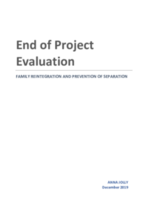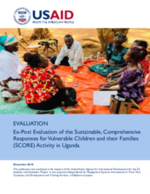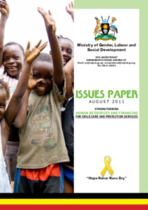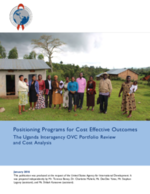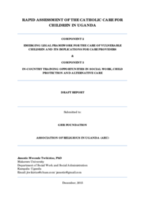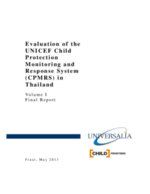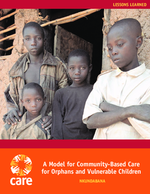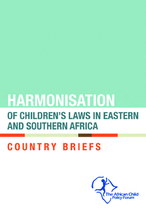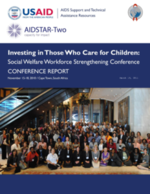End of Project Evaluation: Family Reintegration and Prevention of Separation
This end of project evaluation aimed to synthesise the wealth of data and learnings captured over the life of the Family Reintegration and Prevention of Separation (FRAPS) project to determine if project objectives were met, to complement existing data with primary data collection related to final project outcomes, and to provide a final product that can be used to appreciate the project achievements, challenges and learnings and to guide future programming.

